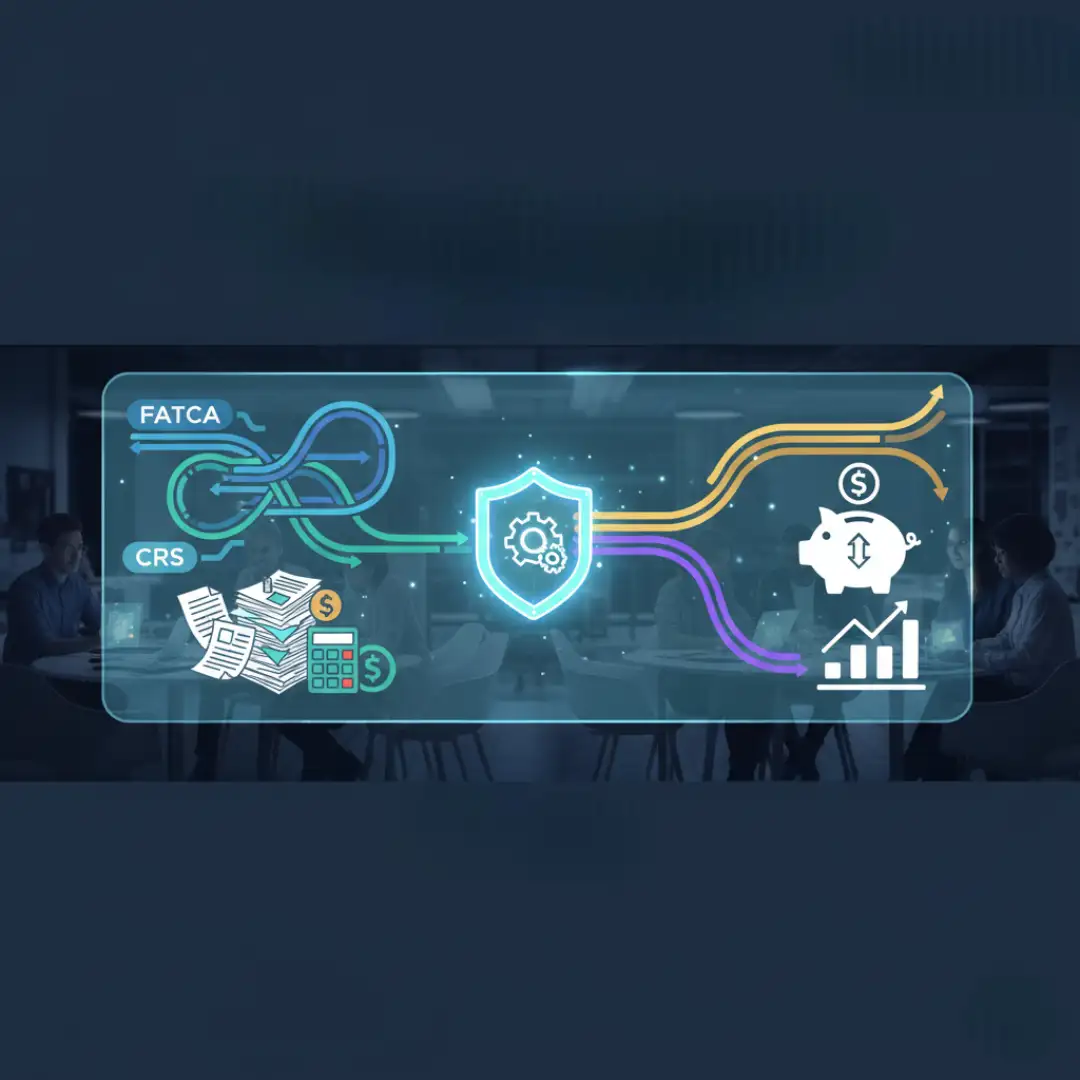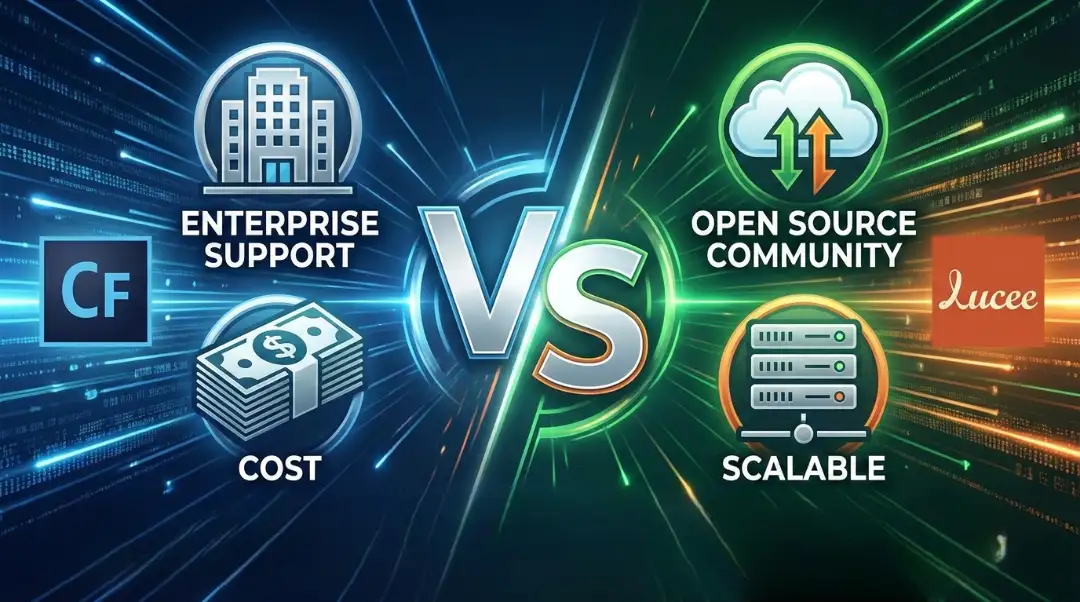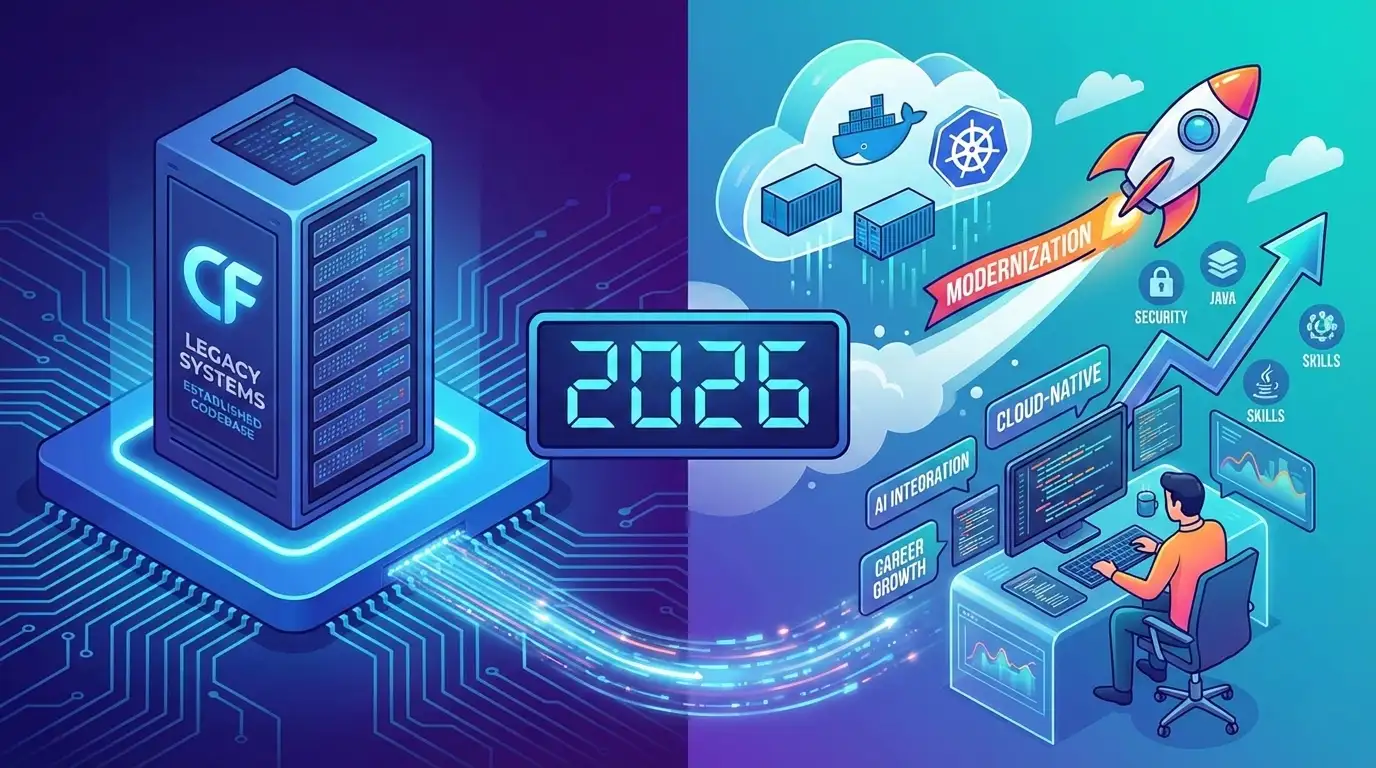How RegTech Reduces Compliance Costs for FATCA & CRS: A Startup Guide
Published by: Gautham Krishna ROct 10, 2025Blog
Startups leveraging RegTech for FATCA and CRS compliance save up to 50% on costs and improve reporting efficiency by 70%, enabling faster scalability. For example, a Workforce Management System to Reclaim Lost Hours & Revenue used RegTech to streamline compliance processes, saving 40% in operational costs. This RegTech startup guide explores how to reduce compliance costs, implement FATCA and CRS solutions, and build a minimum viable product (MVP) for startups navigating complex regulations in 2025.
Why RegTech is Critical for FATCA & CRS Compliance
The Compliance Challenge
- Cost Burden: Manual FATCA/CRS compliance costs startups $50,000-$200,000 annually.
- Error Risk: 60% of compliance penalties stem from manual reporting errors.
- Time Drain: Traditional processes take 30-50% longer than automated solutions.
- Scalability: RegTech enables 2x faster market expansion by simplifying global compliance.
"RegTech doesn't just cut costs--it transforms compliance into a competitive advantage for startups."
5 RegTech Strategies for FATCA & CRS Compliance
1. Automated Reporting Systems
Tools & Impact:
- Chainalysis: Tracks cross-border transactions for FATCA compliance.
- ComplyAdvantage: Real-time risk screening for CRS.
- TaxBit: Automates tax reporting workflows.
Startup Application:
# Example RegTech automation for FATCA reporting
from taxbit_api import TaxBitClient
client = TaxBitClient(api_key="your_api_key")
report = client.generate_fatca_report(account_id="12345")
if report.status == "compliant":
print("FATCA report generated successfully")
Impact: Reduces reporting time by 70%.
2. AI-Powered Data Validation
AI Platforms:
- Ascent: Identifies relevant FATCA/CRS obligations automatically.
- Fenergo: Validates client data against global regulations.
- Elliptic: Flags suspicious transactions with 99% accuracy.
Results:
- 80% reduction in data errors.
- 65% faster client onboarding.
Explore RegTech Software Solutions
3. Cloud-Based Compliance Management
Cloud Tools:
- AWS Compliance: Securely stores compliance data.
- Microsoft Azure: Scalable RegTech infrastructure.
- Google Cloud: Real-time analytics for reporting.
Startup Impact:
- 50% lower infrastructure costs.
- 95% uptime for compliance systems.
4. Real-Time Monitoring & Alerts
Monitoring Solutions:
- Dow Jones Risk & Compliance: Tracks regulatory changes.
- Refinitiv: Monitors high-risk clients instantly.
- Actimize: Detects non-compliance patterns.
Benefits:
- 90% reduction in penalty risks.
- 40% faster response to regulatory updates.
5. MVP Development for Compliance
Approach:
- Build a lightweight MVP focused on core FATCA/CRS reporting.
- Use APIs for seamless integration with existing systems.
- Test with small datasets before scaling.
Results:
- 60% faster MVP deployment.
- 45% cost savings on initial compliance setup.
RegTech Cost-Benefit Analysis for Startups

Implementing RegTech for FATCA & CRS: 4-Step Framework
1. Assess Compliance Needs
- Identify FATCA/CRS obligations based on geography and client base.
- Map regulatory requirements to business processes.
2. Choose Scalable RegTech Tools
- Start with affordable solutions like TaxBit ($100/month).
- Integrate APIs for flexibility.
- Test tools on small-scale projects.
3. Build a Compliance MVP
- Focus on core reporting and validation features.
- Use agile development for quick iterations.
- Measure ROI before expanding features.
4. Monitor and Scale
- Set up real-time alerts for regulatory changes.
- Scale infrastructure with cloud solutions.
- Train teams on compliance updates.

Get Custom Implementation Plan
FAQs
Q: How can startups afford RegTech for FATCA/CRS compliance?
A: Entry-level tools like TaxBit start at $100/month, with scalable pricing for growing startups. Many offer startup discounts, reducing initial costs by 30%.
Q: What are the key MVP development steps for RegTech?
- Define compliance scope
- Select automated tools
- Build reporting-focused MVP
- Test and iterate
- Scale with monitoring
This minimum viable product startup guide ensures cost efficiency.
Q: How does RegTech reduce compliance costs?
A: Automation cuts manual work by 70%, cloud solutions save 50% on infrastructure, and error reduction lowers penalties by 90%.
Q: What's the biggest risk in RegTech adoption?
A: Over-automation without oversight. Always validate AI outputs and maintain human review for critical compliance decisions.
Q: Which tech stacks suit RegTech MVPs?
A: Top 3 for RegTech:
- Python: Robust for data processing and APIs.
- JavaScript: Ideal for web-based compliance dashboards.
- SQL: Efficient for managing compliance databases.
Future RegTech Trends for Startups
2026-2027 Predictions
- AI-Driven Compliance: AI will handle 80% of FATCA/CRS reporting by 2027.
- Blockchain Integration: Immutable records for transparent audits.
- Global Regulatory Sync: Unified platforms for multi-jurisdiction compliance.
Strategic Recommendations
- Invest in Automation Early: Start with affordable tools to build compliance MVPs.
- Focus on Data Security: Ensure GDPR/CCPA compliance to avoid fines.
- Monitor Regulatory Changes: Use real-time tools to stay ahead of updates.
Ready to streamline FATCA & CRS compliance?
"RegTech empowers startups to turn compliance from a burden into a growth driver."



 AI-Powered MVP Development: Sm....
AI-Powered MVP Development: Sm....
 Build Your MVP Faster: AI Tool....
Build Your MVP Faster: AI Tool....
 ColdFusion to Lucee Migration ....
ColdFusion to Lucee Migration ....
 ColdFusion vs Lucee: Which Is ....
ColdFusion vs Lucee: Which Is ....
 Is ColdFusion Still Relevant i....
Is ColdFusion Still Relevant i....



Your Trusted Software Development Company